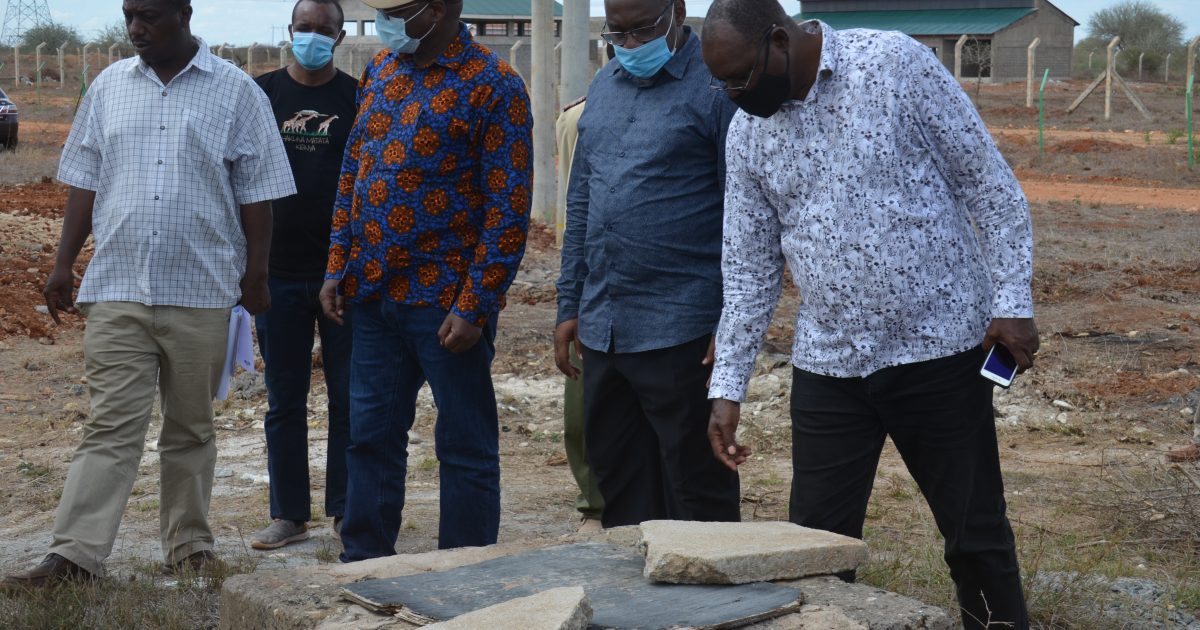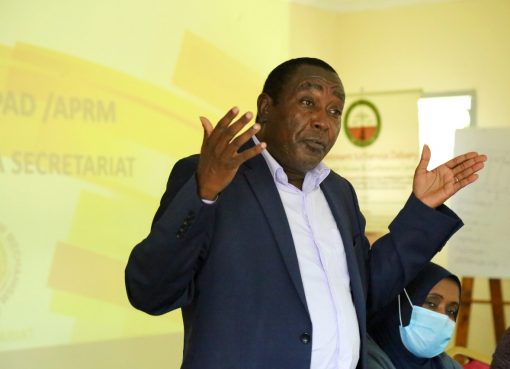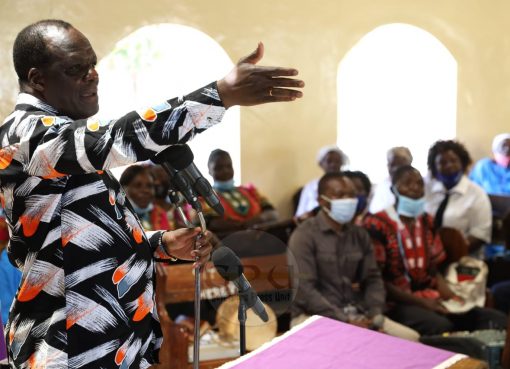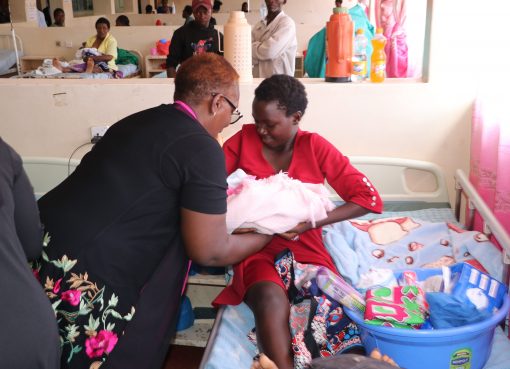Residents of Taita Taveta will have to wait longer for the completion of the 15,000-acre Bachuma Livestock Export Processing Zone (LEPZ) in Voi, after the government admitted that the November completion date set for the project will be impossible to meet.
State Department of Livestock Principal Secretary Harry Kimutai said the Sh270 million project will not be ready by next month due to delays in completing vital installations that will see the LEPZ become operational.
The PS absolved the contractor of any blame disclosing that the government was in the process of paying the contractor after receiving completion certificates for works done.
The PS was speaking at Bachuma on Saturday during an official tour of the project by parliamentary committee on Agriculture and Livestock. The agriculture committee was led by its chairman Silas Kipkoech Tiren.
“It will not be possible for the project to be ready for commissioning by November and there is likelihood for contractor period extension,” he said.
According to the tender document, the Sh 372-million project was split in two phases with Phase 1 beginning in March 2015 at a cost of Sh147 million. The first phase was to be completed in November of the same year but remains at 95 per cent complete to date.
Out of the total amount allocated for the project, the contractor has been paid Sh98 million.
Phase 2 of the project started in April 2016 and was expected to end in 2017. The cost for this labor-intensive phase was Sh257 million. To date, the contractor has been paid Sh131 million and the works are at 60 per cent.
The delay marks another major setback in a flagship project in the livestock sector that is meant to transform Kenya into a key player in the international livestock market.
Agriculture Committee chair Mr Tiren termed the LEPZ project as of immeasurable value to Kenya’s livestock market and expressed concerns over the delays.
He said that as a committee, their key interest was to ensure the government was getting value for money from the project.
Tiren admitted that there were some structural and design flaws the committee had noted and would make a comprehensive report after going through a detailed Bill of Quantities from the Ministry and the contractor.
Some of the issues they raised include lack of sheds for camels, dilapidated water trough, flimsy fences to hold the cattle and absence of a trench to keep away elephants that invade the project. He also noted that there were some inconsistencies that needed clarification.
“We have requested for a bill of quantities and other relevant documents to verify if the contractor conformed to the original designs as conceived and if he used the recommended materials,” said the legislator.
Bachuma LEPZ is poised to be a final quarantine and quality control facility for all livestock intended for the international livestock export market. Once completed the facility will be leased to private investors under public-private partnership for operations.
Runyenjes MP Cecily Mbarire, a member of the committee, noted that the facility should have targeted to exploit solar power as the main source of energy to run the heavy machinery instead of relying on electricity.
She said that the high costs of power would ultimately be transferred to the farmer who is supposed to benefit from the project.
“This project can make use of solar energy to run its operations. We don’t want situations where farmers will bear the cost of power through increased cost of products,” she said.
State Department for Agriculture and Research PS Prof Hamadi Boga, who was present, disclosed that sustainability will be enabled through establishing feeder farms in seven counties that will guarantee consistent supply of livestock.
Under the Kenya Climate Smart Agriculture Project, seven countries have been identified to receive Sh300 million each from the World Bank for bolstering the quantity, quality and types of breeds that will feed the international market.
Under the project, each of the seven counties mostly from the Northern Eastern region would meet 20 percent of the total funding.
“The selected counties will supply this facility with consistent live animals and shortage is not anticipated,” he said.
Voi MP Jones Mlolwa said Taita Taveta ranches should also benefit from the World Bank project and act as a nucleus farm for the livestock project. He added that Bachuma LEPZ was surrounded by over 20 ranches which should also be supported to produce quality beef breeds for the market.
“The money from the World Bank should also benefit local ranches where the facility is located,” he said.
By Wagema Mwangi





